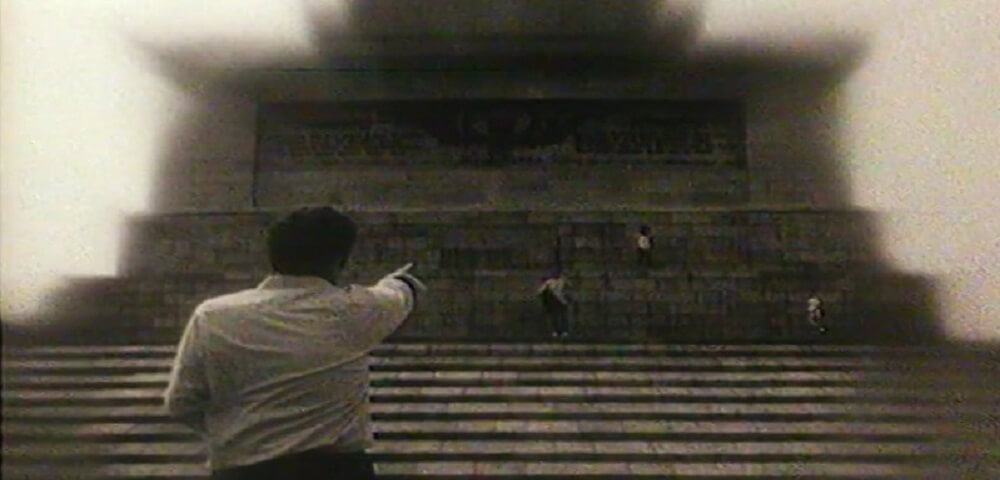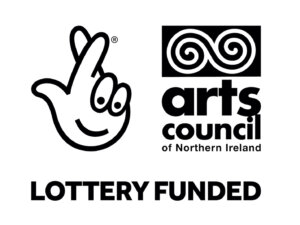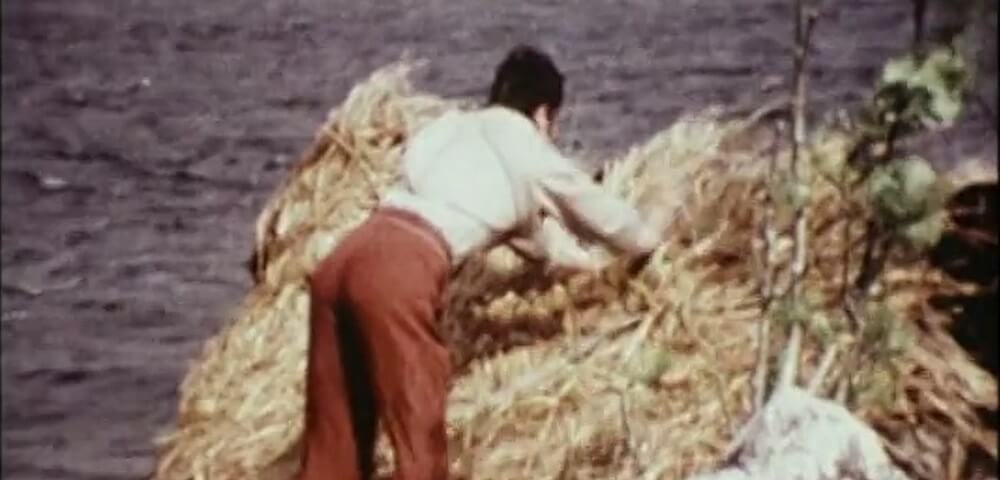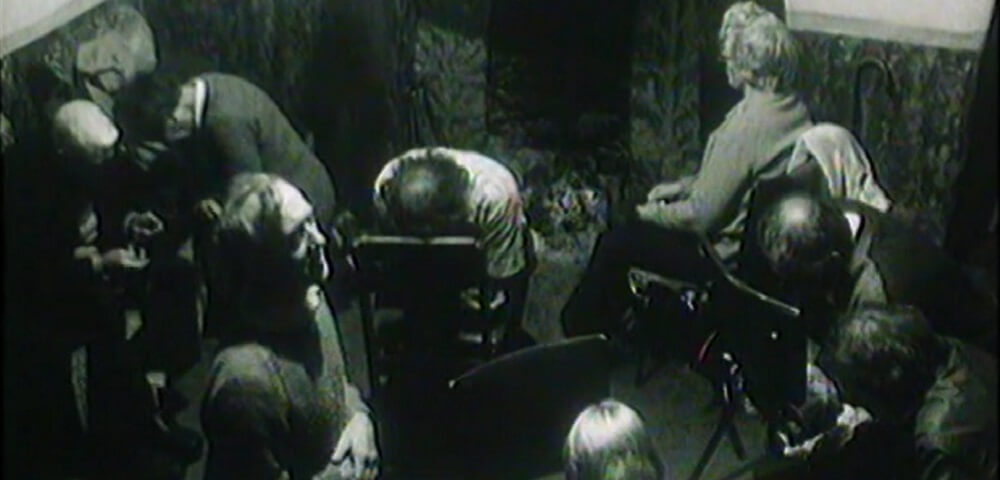
The writer Seamus Deane once noted a curious contradiction with many of Ireland’s great writers of the 19th and early 20th century. Figures such as Synge, Yeats and Joyce, all developed highly unique distinctive ‘languages’ which often entailed navigating a tightrope tension between established tradition and a basis in reality and the tendency towards insularity, even self-parody. Deane puts it down partly to, that all three and more felt the pull to “articulate the national consciousness”, of what was, all at once, a very old, new and unformed nation. Only to find their aim varyingly diverted, mutated and then defined by the reality that there was no “unity of culture”, to quote Yeats, but a slippery hodgepodge of political, religious, ethnic, and local identities, each with their own diversity of ways of speaking and being. This is certainly true to some degree every part of this wide world but Ireland, repeatedly melted down and alchemized under the pressure of centuries of concerted colonial projects, which often explicitly pitted its various peoples against each other, is a particularly distorted funhouse mirror which artists still scan for stability or otherwise embrace in all it.
Another version of this crisis of identity can be found within Irish cinema whose history has progressed in a series of fits and starts. Marked by the tendency towards mimicking modes and styles of American, British and European cinemas, as well attempts to find new, Irish cinemas, often in recognition of Ireland as a multiplicity scarred by history. The 1970s and 1980s was a particularly rich period with a new spirit of formal adventurism, iconoclasm, and a search for previously ignored subjects, textures and wounds, invigorating both young Irish filmmakers—taking not only some from modernist cinema movements abroad but, in certain cases learned their craft–and filmmakers drawn from elsewhere.
This series presents two films, COILIN AND PLATONIDA and BUDAWANNY, from this period and persuasion. Both are ventures out into Ireland’s much mythicized west, where rather than harp on the hard and fast clichés they use to landscape, its people and its cultural and historical baggage to forge daring, experimental works of cinema which adventurously play with the cliché of Ireland as the pre-modern berth and product of superstition and legend, while countering its most recognizable images with striking ellipses and abstractions.
COILIN AND PLATONIDA
dir. James Scott, 1976
85 mins. UK, Ireland, Germany.
Silent, with Piano accompaniment and English and German intertitles
SATURDAY MARCH 18, 5PM with filmmaker James Scott in person for Q&A moderated by guest programmer Ruairí McCann
(This event is $10.)
WEDNESDAY MARCH 22, 7:30 PM
WEDNESDAY MARCH 29, 7:30 PM
James Scott is one of the most inventive artists to embark on Irish cinema. Born and raised in England in 1941 by artist parents, his father being the legendary Northern Irish painter, William Scott. His initial (and still active and fecund) practice of painting quickly widened to pursue a deep interest in cinema and filmmaking. Drawing on the world of visual art, as well as film influences ranging from Godard, the New American Cinema and Italian wunderkinds Bernardo Bertolucci and Marco Bellocchio, he spent the 60s making several acclaimed short art documentaries and experimental narratives. The 70s brought him into the world of radically left-wing, collaborative filmmaking as a member of the militant and deconstructive Berwick Street Film Collective. He also left Britain and the contemporary, present tense worlds of pop art, swinging London and the world of night cleaners and their unionisation to travel to Ireland and into a fable.
His second solo feature, COILIN AND PLATONIDA (1976), originally aired on the German TV station ZDF and following other screenings was praised by the likes of Jonathan Rosenbaum (who placed it in his top ten of 1976) and Stephen Dwoskin. It takes as its material a Nikolai Leskov short story, transplanting its peculiar melodrama of a young man called Coilin (Coilin O Finneadha), ill-treated and luckless since childhood who eventually makes a makeshift community along with his cousin Platonida (Frankie Allen) and a pair of adopted orphans played by Scott’s own children Alex Scott (age 9) and Rosie Scott (age 5.) This is but one radical choice in a film flooded with them, for Scott casts local non-actors and after shooting in Super 8, ‘refilmed’ in 16mm using multiple projectors. It’s also a silent film, opting not for dialogue or narration as its primary voice but intertitles, full piano accompaniment by Rod Melvin, and brief but striking bursts of the Gaelic folk lament Úna Bhán. All of these elements create an aura of antiquity, melodrama and palpable uncertainty to a film that often looks and moves like vapour, where absences and moments of ambiguity smart and resonate more than clear, recognizable images. It amounts to a unique rendition of how myth can move and grow, from land to land, generation to generation, medium to medium, with its powerful combination of specificity, allusiveness and mystery.
BUDAWANNY
dir. Bob Quinn, 1987
79 mins. Ireland.
In English and silent with intertitles.
SATURDAY MARCH 18 – 7:30 PM
THURSDAY MARCH 23 – 7:30 PM
COILIN AND PLATONIDA was in made with close connection with Irish cinema’s ‘First Wave’, a loose collective of filmmakers, including Joe Comerford, Thaddeus O’Sullivan, Cathal Black and Pat Murphy, who made a string of subversive films in the 70s, 80s and beyond. Joe Comerford was Scott’s first cinematographer, with the DP for the ‘re-filmed’ sequences, Adam Barker-Mill, going on to shoot Comerford’s acclaimed feature debut as a director, DOWN THE CORNER (1977), and there’s a cameo appearance from an instigator of this most radical period, Bob Quinn.
Like Scott, Quinn is a multi-hyphenate: a filmmaker, a novelist, a cultural critic, a visual artist, an anthropologist and, in all these avenues, a maverick. Quinn came to moving images in the 1960s through making documentary shorts and series for the fledging national broadcaster RTÉ. After very public departure from RTÉ, in protest over the station’s increasing commercialization, and period of rest and travel abroad, led to a creative resurgence in the 1970s as an increasingly experimental, independent filmmaker. The trigger was a relocation, from the cultural center of Dublin where he was born and raised, to a geographic and political periphery, Connemara where his appreciation and then close studies of the Irish language as well as traditional music and craft forms would become a significant line of inquiry and influence in his work.
BUDAWANNY, his first film intended for theatrical distribution, is in significant part a silent film as well. Set on remote Clare Island, off Ireland’s Atlantic coast, it recounts the tale of a priest (the great Donal McCann, in perhaps his finest performance), his forbidden love affair and the lives of the local community, in black & white with silent film techniques. This melodrama is reflected on, in retrospect and in color and sound, with scenes featuring the local bishop (Peadar Lamb) who finds himself caught between protocol and his own crisis of faith. The muteness but visual precision of Quinn’s form, aided by Roger Doyle’s extraordinary electro-acoustic score, evokes the wordless yet deeply expressive forces of nature, desire, and regret, as well as the oppressive regime of the Catholic Church, which favors silence and buried transgressions over dissension.
RUAIRI McCANN is an Irish writer, programmer and musician, Belfast born and based but raised in Sligo. He is an editor at Ultra Dogme and photogénie and has contributed to aemi online, Screen Slate, MUBI Notebook and Sight & Sound.
Programmed in collaboration with Ruairí McCann. This event is brought to you in collaboration with the Irish Film Institute’s IFI International Programme supported by Culture Ireland. Special thanks to Bob Quinn, James Scott and ZDF (Germany) and the Irish Film Institute (IFI).




